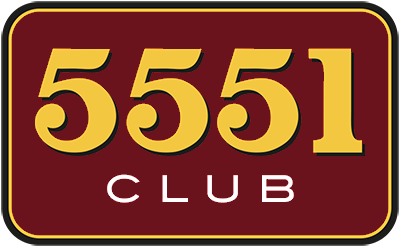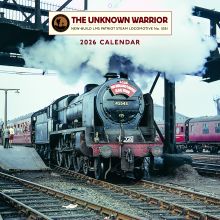HELP US GET MOVING BY JOINING THE ‘5551 CLUB’.
FUNDS RAISED FROM THIS INITIATIVE WILL ENABLE US TO COMPLETE MAJOR WORK ON THE MOTION.
AVAILABLE NOW!
Upcoming events
-
28/02/2026 - 00:00 to 01/03/2026 - 23:45
-
19/03/2026 - 00:00 to 22/03/2026 - 23:45
-
21/03/2026 - 10:00 to 22/03/2026 - 16:30






